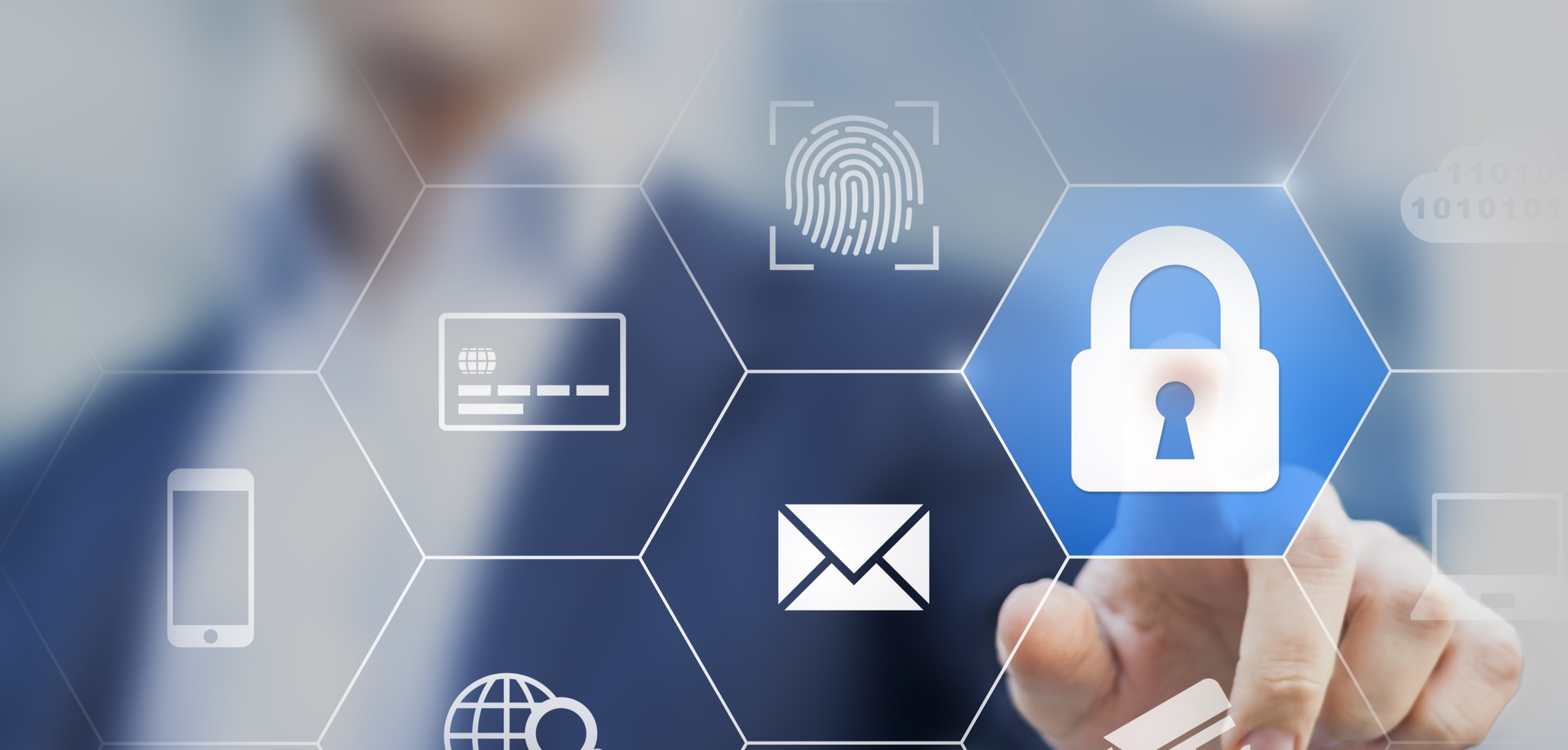Cybersecurity attacks are becoming increasingly more common as hackers develop new methods to infiltrate business systems and deceive employees and employers alike, leading to the inadvertent exposure of crucial company data. However, numerous measures exist that you and your organization can implement to mitigate the likelihood of successful attacks and ensure the continuity of business operations. Implementing these measures can shield your business from financial and reputational harm, fostering smooth operational flow.
Cybersecurity Tips for the Workplace
- Equip your computer with the proper defense by ensuring it has sufficient antivirus, antispyware, and other antimalware software installed, consistently updated. Additionally, never turn off your firewall. While these software programs can go a long way, they don't offer 100% protection against all internet threats. Therefore, it's important to take precautionary measures such as pausing to think before opening suspicious attachments or links sent via email, SMS, social media, or any other communication channel. If you encounter a message you believe is suspicious, contact the sender directly or notify your IT department.
- Keep your company's data well-protected. Confidential or important financial information should generally never be sent via email or SMS messages, as these channels may not be secure. If someone asks for your passcodes or account numbers via email or SMS, it should always raise red flags.
- Create strong and secure passwords to protect your devices and accounts. Ensure they consist of at least 16 characters, including unique or random symbols/characters, or utilize a series of unrelated words such as "Dog Green Hat Walking Star Lake." It's crucial to use different strong passwords for each account/device and never disclose them, even to coworkers.
- Steer clear of public Wi-Fi. Connecting to free public Wi-Fi with a device containing company information can jeopardize your company’s data. Always opt for a secure connection, even if it comes at a cost, and refrain from making financial transactions over any public wireless network. Additionally, it's wise to encrypt all confidential information on your devices in case they are ever lost or stolen.
If one of your devices or accounts ever does become compromised or if you lose a company device, be sure to:
- Report the incident to your IT department immediately.
- Change all passwords associated with your compromised device/account.
- Contact your service provider to help wipe any confidential or important company data from the device.
- Report any incidents of phishing, malware, or other vulnerabilities to the CISA: cisa.gov/report
